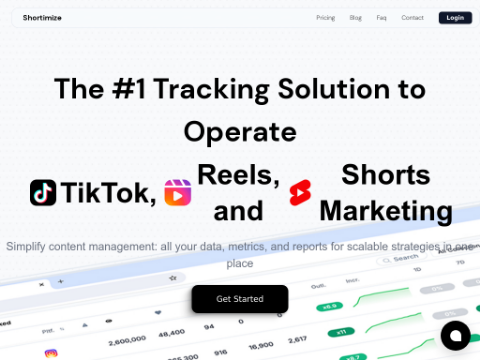Recently, email exchanges between Elon Musk and the co-founders of OpenAI were made public during his lawsuit against the company. These emails offer the public a window into OpenAI's early days, detailing the company's initial talent acquisition battles and the subsequent shifts in its mission.
Musk co-founded OpenAI alongside Sam Altman, Greg Brockman, and eight others. However, due to conflicts of interest with his work at Tesla, he departed from the company in 2018. Since then, Musk has repeatedly criticized OpenAI, accusing it of straying from its original mission to develop artificial intelligence in a safe and beneficial manner for humanity.
In August of this year, Musk filed a lawsuit against Altman and Brockman, alleging that he was misled during the company's founding. However, the recently disclosed emails reveal a high level of alignment among Musk, Altman, and Brockman during OpenAI's early stages, with all three committed to recruiting top talent in the industry.
The emails indicate that OpenAI initially planned to offer its founding members an annual salary of $175,000. Concurrently, competitor Google DeepMind was eager to undermine OpenAI's growth by attempting to poach its talent with higher salaries. Altman disclosed that DeepMind intended to make substantial offers to OpenAI employees to entice them to join. In response to this challenge, Musk urged the team to fully commit to attracting talent to prevent being outmaneuvered by DeepMind.
OpenAI has long been regarded as a hub for the world's leading artificial intelligence professionals, attracting numerous talents with its nonprofit status and noble mission to benefit humanity. However, over time, some long-term employees began to question the company's commitment to this mission. In the past year, several key executives have resigned, with some citing concerns over safety.
In their resignation announcements, Jan Leike, head of OpenAI’s alignment team, stated that the company had deviated from its mission. Other executives remained silent about their reasons for leaving. This series of events has sparked public attention and skepticism regarding OpenAI's future trajectory.
Reviewing the early emails from OpenAI's founding period, Musk had clearly articulated the company's original mission: "OpenAI is a nonprofit artificial intelligence research company whose mission is to ensure that digital intelligence benefits all of humanity without the constraints of generating financial returns." However, nearly a decade later, OpenAI has abandoned its nonprofit status and is now valued at over $150 billion. This transformation raises questions about whether the company still adheres to its initial purpose.
The exposure of these emails not only sheds light on OpenAI's early talent wars and mission shifts but also provides the public with an opportunity to gain a deeper understanding of this globally leading artificial intelligence company.








